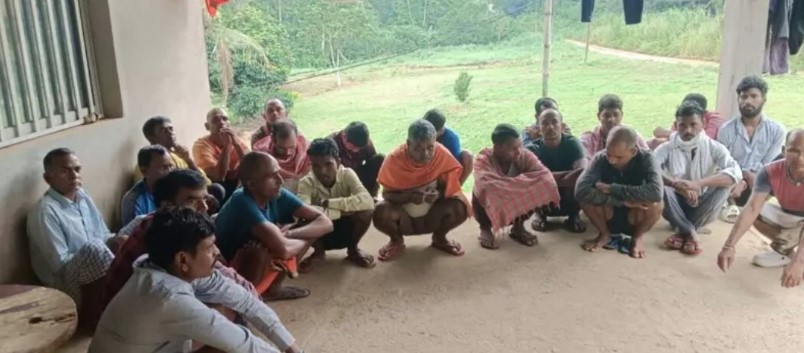The study points out that the majority of public health researchers interpret the burden of stroke from a socio-economic perspective while biomedical researchers investigate stroke in isolation…reports Asian Lite News
A study conducted by the prestigious national institute Rajiv Gandhi Centre for Biotechnology ( RGCB) here has pointed out that while stroke has emerged as one of the leading causes of death globally, the genetic factors of different ethnic groups and regional disparities in co-morbidities play a critical role in influencing the burden of the disease.
Moinak Banerjee, who is associated with the Neurobiology Division of Rajiv Gandhi Centre for Biotechnology (BRIC-RGCB) said the underlying genetic factors are very critical in determining and defining the regional variations in influencing stroke and its co-morbidities which, in turn, can define the burden of stroke.
“The findings of the study, one of the largest ever performed globally covering 204 countries, were based on the data collected from 2009-19 for stroke and its major co-morbid risk. A total of eleven diseases were studied, and these included overall stroke, its subtypes ischemic stroke (IS), intracranial haemorrhage (ICH), along with its co-morbid factors like ischemic heart disease (IHD), diabetes type 1 & type 2, chronic kidney disease, high blood pressure, high body mass index (BMI), and high LDL cholesterol,” said Banerjee.
The research, published in the prestigious biomedical publication eLife, demonstrated that metabolic risk in America and Europe and vascular risk in Asian and African regions are the major drivers for stroke risk, in proof that stroke and its co-morbid factors show strong regional disparities and ethnic and region-specific genetic factors.
“Co-morbidities in stroke can amplify the risk of stroke and its outcome. Stroke affected over 101 million people worldwide and caused over 6.55 million deaths in 2019, making it one of the leading causes of mortality,” added Banerjee.
The study points out that the majority of public health researchers interpret the burden of stroke from a socio-economic perspective while biomedical researchers investigate stroke in isolation.
“We demonstrate that the stroke and its co-morbid factors show strong regional disparities. Co-morbidities in stroke can amplify the risk of stroke and its outcome. Thus, prevention of stroke needs to mainly focus on the management of its co-morbid factors and reduce the burden of these factors,” it points out, signifying population-specific risk,” states the study
The study stressed the need for understanding the epidemiological observation of major conditions or their co-morbid conditions from its genetic viewpoint, which can help health policymakers understand the areas of concern.
RGCB Director Prof Chandrabhas Narayana said it is an important study that can significantly contribute to the prevention and management of stroke, as it views the disease from a population point of view.
ALSO READ-Healthcare Leaders Urge Infra Investment, Tax Reforms in Union Budget













